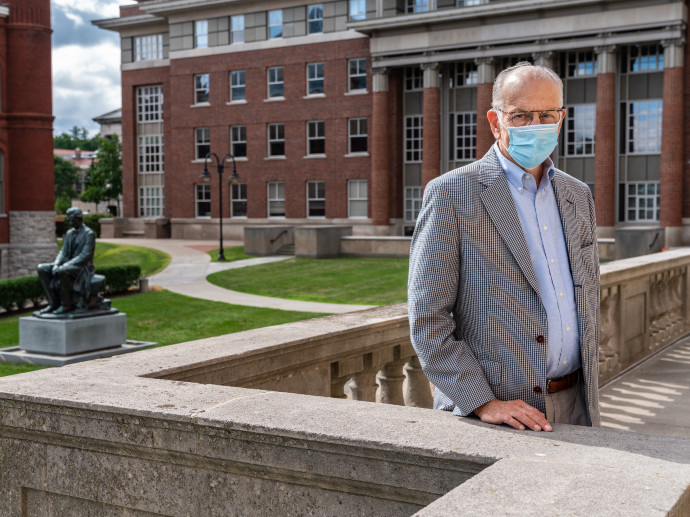After Tragedy, Newhouse Grad Rediscovers Her Voice Through Podcasting
When Erika Mahoney ’12 graduated from the S.I. Newhouse School of Public Communications, she had no idea that her journalism training would one day help her navigate the most devastating chapter of her own life. Today, the former National Public…


